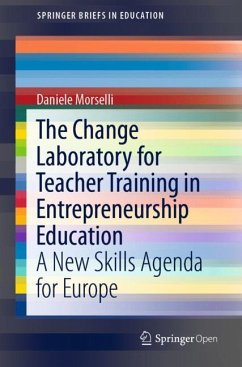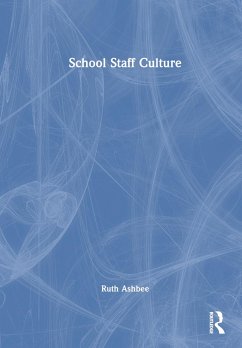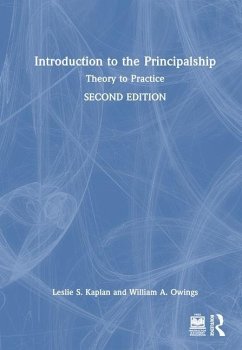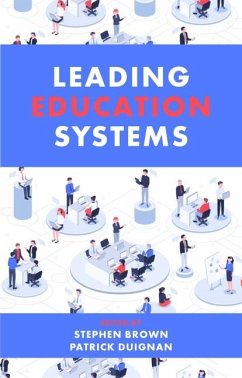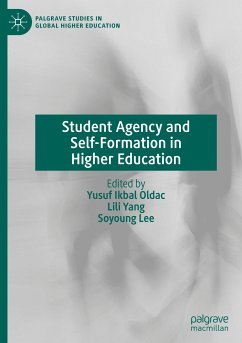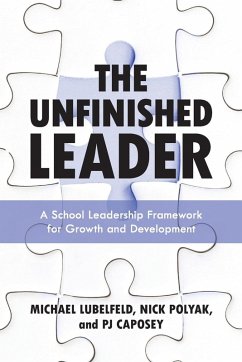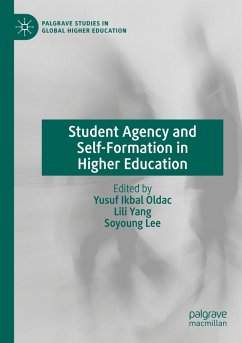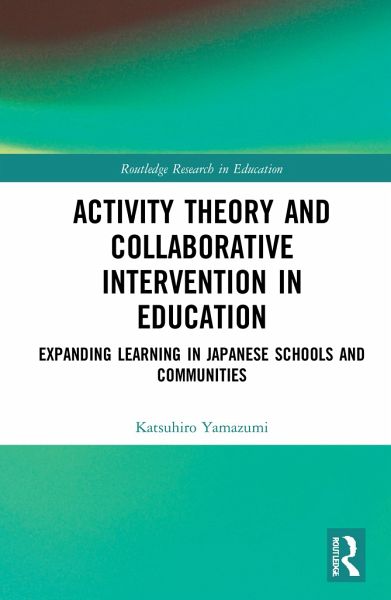
Activity Theory and Collaborative Intervention in Education
Expanding Learning in Japanese Schools and Communities
Versandkostenfrei!
Versandfertig in 1-2 Wochen
167,99 €
inkl. MwSt.
Weitere Ausgaben:

PAYBACK Punkte
84 °P sammeln!
By applying cultural-historical activity theory and expansive learning theory to educational research, this volume illuminates new forms of educational activities as collaborative interventions in schools and communities where learners and practitioners generate expansive learning so that they can collectively transform their activities and expand their agency for themselves. It covers four cases of activity-theoretical formative intervention studies conducted in Japan, which are related to: fostering children's expansive learning in classroom lessons; teachers as collaborative change agents i...
By applying cultural-historical activity theory and expansive learning theory to educational research, this volume illuminates new forms of educational activities as collaborative interventions in schools and communities where learners and practitioners generate expansive learning so that they can collectively transform their activities and expand their agency for themselves. It covers four cases of activity-theoretical formative intervention studies conducted in Japan, which are related to: fostering children's expansive learning in classroom lessons; teachers as collaborative change agents in redesigning schools; expanding the school activity from below; and emerging knotworking agency in community-based disaster prevention learning. This book employs activity theory as a general theoretical framework of human learning and development to connect focal data from empirical and interventional studies on real human learning in specific educational settings in Japan. In this way, the book illustrates how the general theoretical framework could be used to understand a specific socio-cultural milieu, that is, the Japanese context. It also shows the universal relevance of the Japanese context of educational activity on broader international research, analyzing concrete empirical data from specific settings in Japan. In conclusion this book creates new understanding and develops a cohesive framework of the agentic and hybrid nature of educational activities as collaborative interventions in the expansion of learning.




